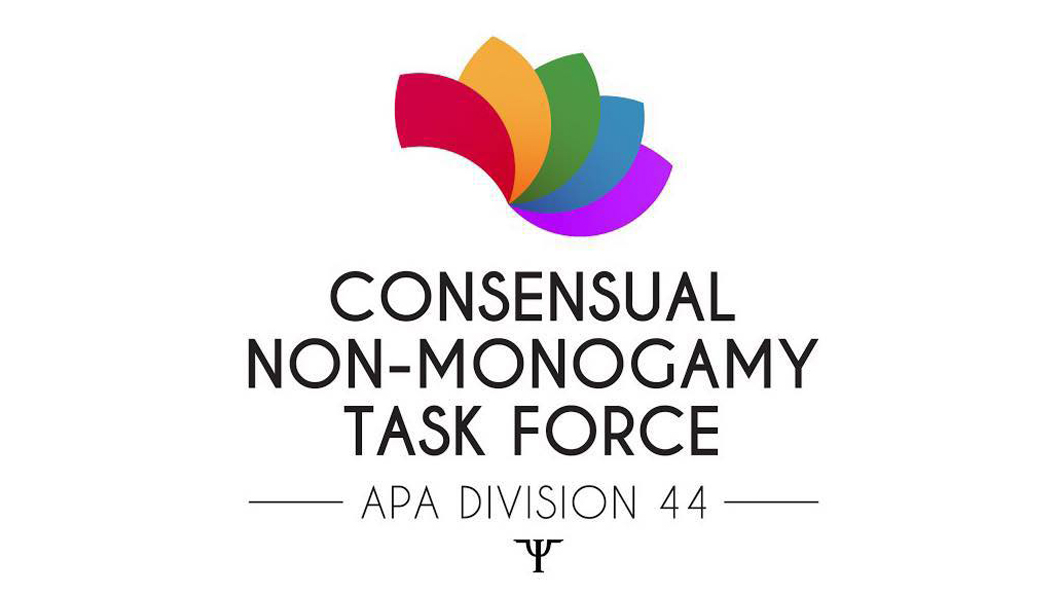The American Psychological Association (APA) launched a “Consensual Non-Monogamy (CNM) Task Force” in 2018. The group explains its purpose on the APA website:
The Task Force on Consensual Non-Monogamy promotes awareness and inclusivity about consensual non-monogamy and diverse expressions of intimate relationships. These include but are not limited to: people who practice polyamory, open relationships, swinging, relationship anarchy and other types of ethical, non-monogamous relationships.
“Consensual non-monogamy” is just academic jargon for what Jesus called adultery and sexual immorality.
Dr. Laura Haynes is a California licensed psychologist and a lifetime member of the APA. She now views the group as a radical political organization. In a statement for The Daily Citizen, she writes, “I think most Americans will be very concerned to learn this radical sex activism has hijacked the American Psychological Association and all our mainstream mental health professional organizations. They are no longer trusted sources of accurate scientific information about sexuality, gender, or intimacy.”
The task force was launched under the auspices of APA’s Division 44, “The Society for the Psychology of Sexual Orientation and Gender Identity.” Division 44 was formerly the “Committee on Lesbian, Gay, Bisexual and Transgender Concerns.”
Currently the APA has 56 divisions, dealing with everything from developmental psychology to social issues to addictions. Division 44 “focuses on the diversity of human sexual orientations by supporting research, promoting relevant education, and affecting professional and public policy.”
The task force lists a series of current initiatives they’re working on, which include:
- Develop a “fact sheet” that includes “helpful information about CNM (Consensual Non-Monogamy).”
- Produce healthcare brochures for medical and mental health providers.
- Develop a campaign to promote CNM inclusion in education and training programs, and recruit educators to be “inclusive of consensual non-monogamy in their courses.”
- Provide a tool to help mental health professionals be inclusive of those engaged in CNM.
- Work to develop “LGBTQIA+ resources” so those individuals, too, can include CNM in their resources and representation.
- Begin a “legal issues campaign” to give CNM protected status and address legal and discrimination issues in family law and employment discrimination.
Dr. Heath Schechinger is co-chair of the task force. He’s a psychologist at the University of California, Berkeley and has published papers such as, “Harmful and helpful therapy practices with consensually non-monogamous clients: Toward an inclusive framework.”
In a post on his Facebook page earlier this year, Schechinger announced that clients could now use the Psychology Today Therapist Locator to find therapists who specialize in “Open Relationships/Non-Monogamy” or who were “Sex Positive, Kink Allied” (“kink” refers to sexual fetishes). He writes about this achievement, “This feels like a historic moment and another poignant shift in our cultural acceptance of diverse forms of sexuality and relationships.” The group was also working with Division 44 to add categories such as “Consensual Non-monogamy and Kink/BDSM/Fetish Sexualities” to the APA’s online Psychologist Locator.
Dr. Amy Moors, an assistant professor of psychology at Chapman University, co-chairs the task force. She’s the winner of numerous awards and research grants on topics such as “Sociocultural explanations for gender differences in attitudes toward consensual non-monogamy,” which she wrote about at the University of Michigan. She’s also a research fellow at the notorious Kinsey Institute at Indiana University. She’s authored numerous peer-reviewed journal articles with titles like, “Moving past the rose-tinted lens of monogamy: Onward with critical self-examination and (sexually) healthy science.”
The group has an online petition for mental health professionals, educators, legal professionals and assorted allies to sign. Among other concerns, the petition calls for:
- “Consensual non-monogamy education and training in mental health, medical care, and the legal profession.”
- “Generating research and promoting awareness of issues facing individuals engaged in consensual non-monogamy with multiple marginalized identities.”
- “Including consensual non-monogamy as a legally protected class (i.e., to avoid discrimination in employment, housing, etc.)”
That last point is particularly important: The task force sees those who engage in polyamorous relationships as victims of stigma and discrimination by society and deserving of legal protection in non-discrimination laws – just like any other “sexual orientation.”
Dr. Haynes notes that this just exemplifies how extreme the APA has become, “What is becoming clearer to everyone is that, for decades, the APA has been letting radical sex activists control their positions on sexuality, gender, and restorative therapy for these. The APA sex radicals are just becoming more bold and ‘out’ about it.”
Photo from Facebook






